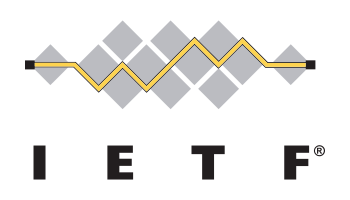The recent ARIN XXV meeting in Toronto had two positive developments related to WHOIS privacy and accuracy of data.
A decision was rendered about contentious proposal 2010-3: Customer Confidentiality https://www.arin.net/policy/proposals/2010_3.html which allowed for commercial IP holders to have hidden WHOIS records, ostensibly to prevent client poaching between ISPs. As one commenter said at the meeting 'if you are losing customers, fix your business'.
Both CAUCE and MAAWG were opposed to this proposal, which was withdrawn by the submitter, Aaron Wendel, after some discussions with representatives of the LEA community. The proposal made provision for decloaking WHOIS records upon request, court order, etc. by law enforcement, a hopelessly naive understanding of the current situation with regard to anti-abuse work. It was impressed upon the assemblage that grass-roots anti-spam investigations were behind the majority of takedowns of malicious sites, for example. Tom Grasso, an FBI investigator who was in attendance commented, "95% of our successful cases are as a result of grassroots investigators. Limiting ARIN WHOIS to LEA is not a good idea"
Despite having been withdrawn, a vote was taken, and nonetheless, defeated roundly.
Of the 133 attendees to the meeting, 5 voted in favour, 70 against.
A second bit of good news was related by Leslie Nobile, ARIN Director of Registration Services who noted that ARIN would commence a process of confirming all WHOIS email points of contact, beginning in June, 2010, and that this would become an annual process.
CAUCE Director Matt Sergeant was in attendance at ARIN to represent our position as a signatory and supporter of the MAAWG position statement.

















